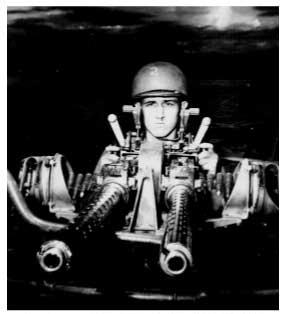
A (perhaps faulty) assumption I have in my consideration of the Trinity is that we can observe some qualities in our own being that can be applied to being in general. Or, in other words, since we are made in God's image we can partly conceive of God's Being by analyzing the nature of our own being. But, to be sure, I do not think that God can be fully apprehened, especially not by the intellect alone.
I'd like to look at Descartes' (pronounced ''day cart'') famous affirmation of being: Cogito ergo sum. ''I think, therefore I am.'' After realizing senses can deceive Descartes said that the only proof for his existence is his awareness that he is a thinking entity. He stated that there is one thing he cannot be seperated from while retaining his being, which is his thoughts, because by them he knows that he exists. By ''thoughts'' he meant that which a being is immediately conscious of. Now, I'm not specifically concerned with Descartes' proof alone but with the necessary elements at work here.
First, you need a willful source from which the thought proceeds; namely, in this example, Descartes' will.
Second, you need the object in which and by which the will manifests itself. In other words, you need content which becomes the substance of the will. In this case, it was the words, ''I think therefore I am,'' which was the something that Descartes was immediatly conscious of that showed him his own being. Without this content the will has no grounding in existence. Having no form or substance the will does not exist; indeed, nothing exists without either form or substance.
Third, you need the power or ability to produce the thought without which Descartes could not affirm his own existence. Ignoring the contradiction for the sake of example, let's see the opposite of his axiom: ''I cannot think therefore I am not.'' In other words, without the ability to give substance to the will, neither can be said to exist.
Now, for a thought experiment, let's place Descartes' affirmation of being before the beginning of the universe. He, having never experienced anything other than his own being, cannot affirm or substantiate his own existence except by what already constitutes his own being. And, we have already seen the existential necessity of a willful source, a substance and the ability for the will to substantiate itself, so to say that a being exists indepedent of and before everything else is to say that it inherently contains within itself those three necessary elements.
To put it another way, for Descartes to willfully proclaim ''I think therefore I am'' before the beginning of the universe, the will must be Descartes, that sentence must be Descarte and the ability to produce the sentence must be Descartes. It would be illogical to isolate any of the three elements as independent ''parts'' of Descartes because by the dynamic, interdependent relationship occuring among them the fullness of his being is realized and his existence is possible. Descarte the willful source, Descarte the sentence and Descarte the ability. Each is Descarte but each is not the other.
To anyone familiar with Christian doctrine the correlation between this illustration and the Trinity should be apparent:
The willful source is God the Father.
The sentence (or the Word) is God the Son.
And the ability is God the Holy Spirit.






